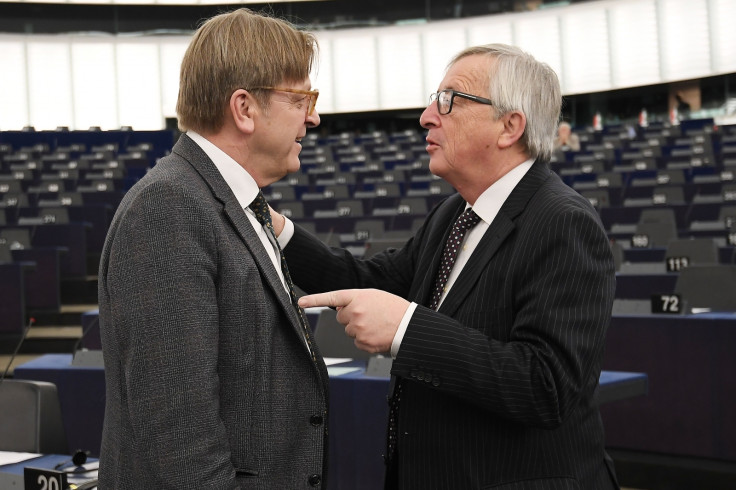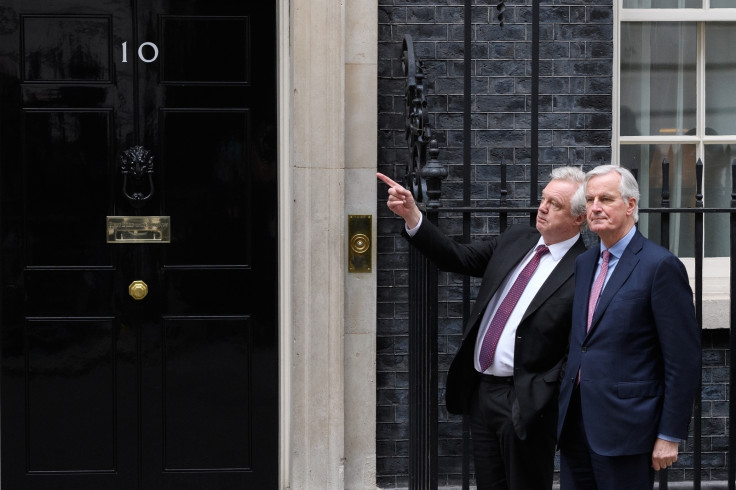EU diplomats confident Brexit won't happen by 2021
KEY POINTS
- Senior EU diplomats believe a transition period will need to be much longer than 21 months.
- Theresa May has publicly denied that she would seek an extension to the transition.
Senior EU figures do not believe the UK will be ready to leave the EU by the end of 2020 and expect a far more drawn out Brexit process.
According to Reuters, several diplomats familiar with negotiations said that unresolved questions over Brexit mean that UK's transition period, supposedly capped at 21 months, would likely be much longer.
Two senior officials told the news agency that UK negotiators seem to be sounding out other states on an extension of the 21-month transition period. It is believed that Prime Minister Theresa May still wishes to have a free trade agreement in place by January 2021.
The PM and Brexit secretary David Davis have both publicly ruled out extending the transition period, while the EU has said it was flexible on the matter. Member states including France have been vocal in their opposition to a halfway Brexit that drags on for several years.
EU leaders have said that any extension would only be agreed after the UK formally leaves the bloc in March 2019, keeping pressure on the UK to agree a trade deal before then.
"Nobody believes in transition until the end of 2020," Reuters quoted a source familiar with the talks. "But we don't want to propose an extension straight away - that is a leverage we have over London in the talks."
May cannot propose an extension either, with her position already precarious amidst political infighting in Westminster. Already struggling to hold the government together, anything resembling a victory for Brussels could be the last straw for Conservative Brexiteers.

As chief EU negotiator Michel Barnier met Davis this week, London and Brussels remained at odds over the rights of EU citizens arriving during the transition period, the UK's immunity from new EU laws made during this period, fishing quotas and the EU's reported penalty mechanism to restrict the country's access to the single market.
There is also still no fix in sight for the Irish border, with no progress since the end of 2017. Then, it was agreed that regulations would be the same for Northern Ireland and the Republic of Ireland, and the same between Northern Ireland and the rest of the UK, but that the UK still had the right to diverge from EU law.
"We don't see a way to square this circle, there is no solution. We are pushing Britain to propose legal text on that but they don't want to engage, which shows how big a problem politically it is for London," said one EU diplomat.
Recent reports have suggested that the UK is ready to break away from EU institutions immediately after the end of the transition period in 2021. Though yet to be approved by the government, the plans would reportedly allow the UK to move away from EU financial, agricultural and customs union regulations.
Meanwhile, the idea of a second Brexit referendum is back in the news, with billionaire George Soros throwing £400,000 behind the campaign. Responding to the donation, Theresa May's spokesman said that a second referendum will not be held.






















